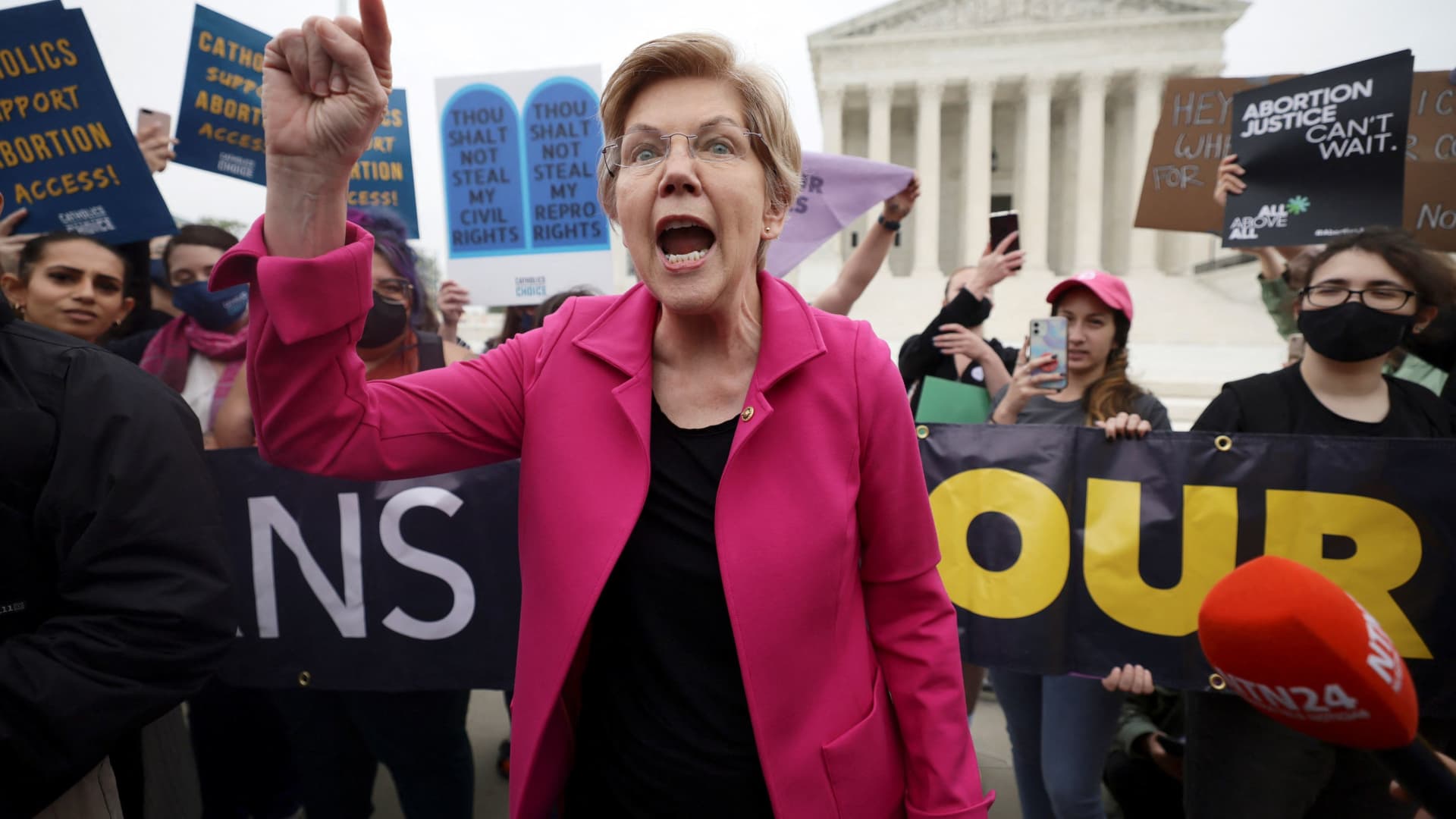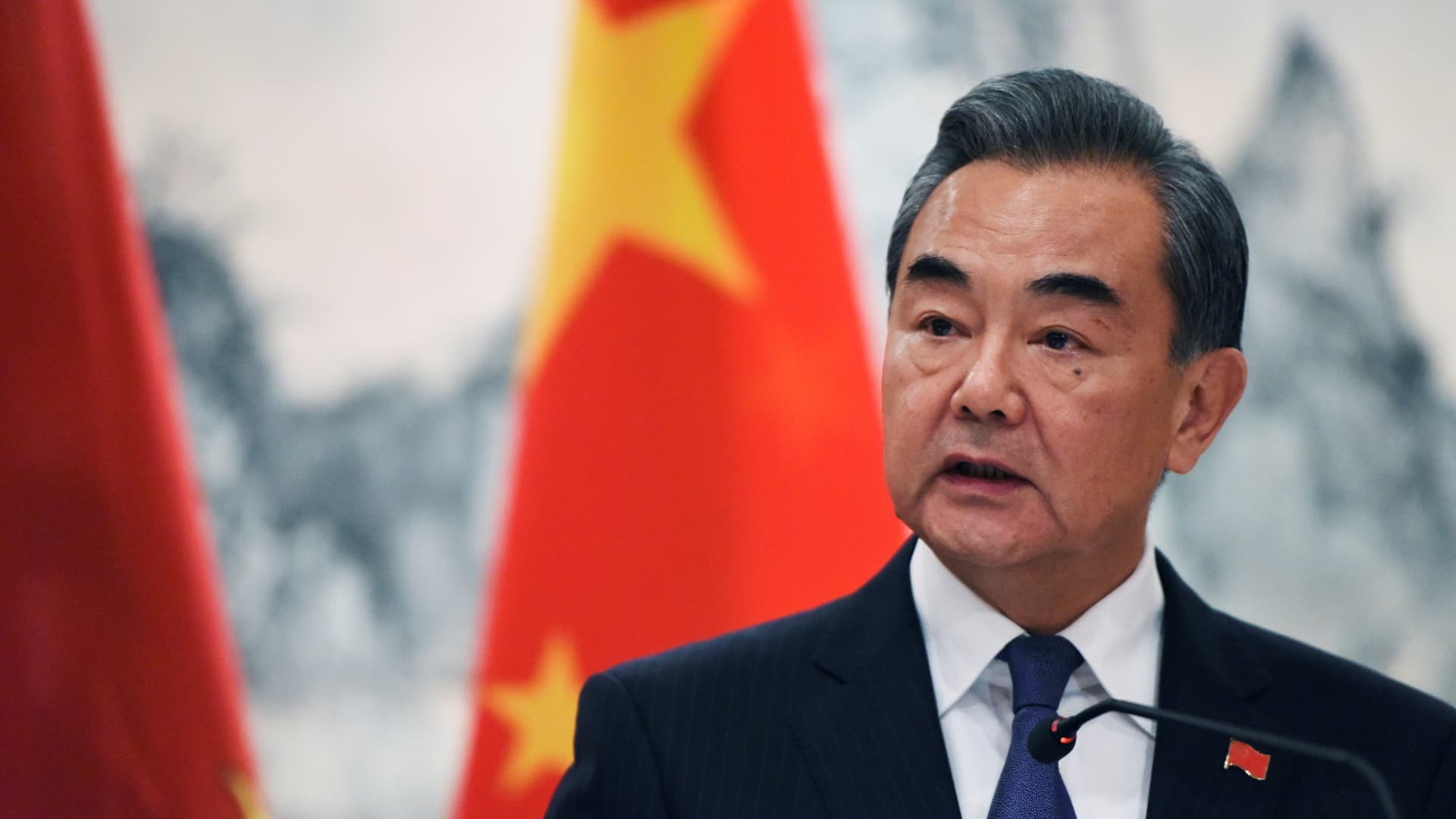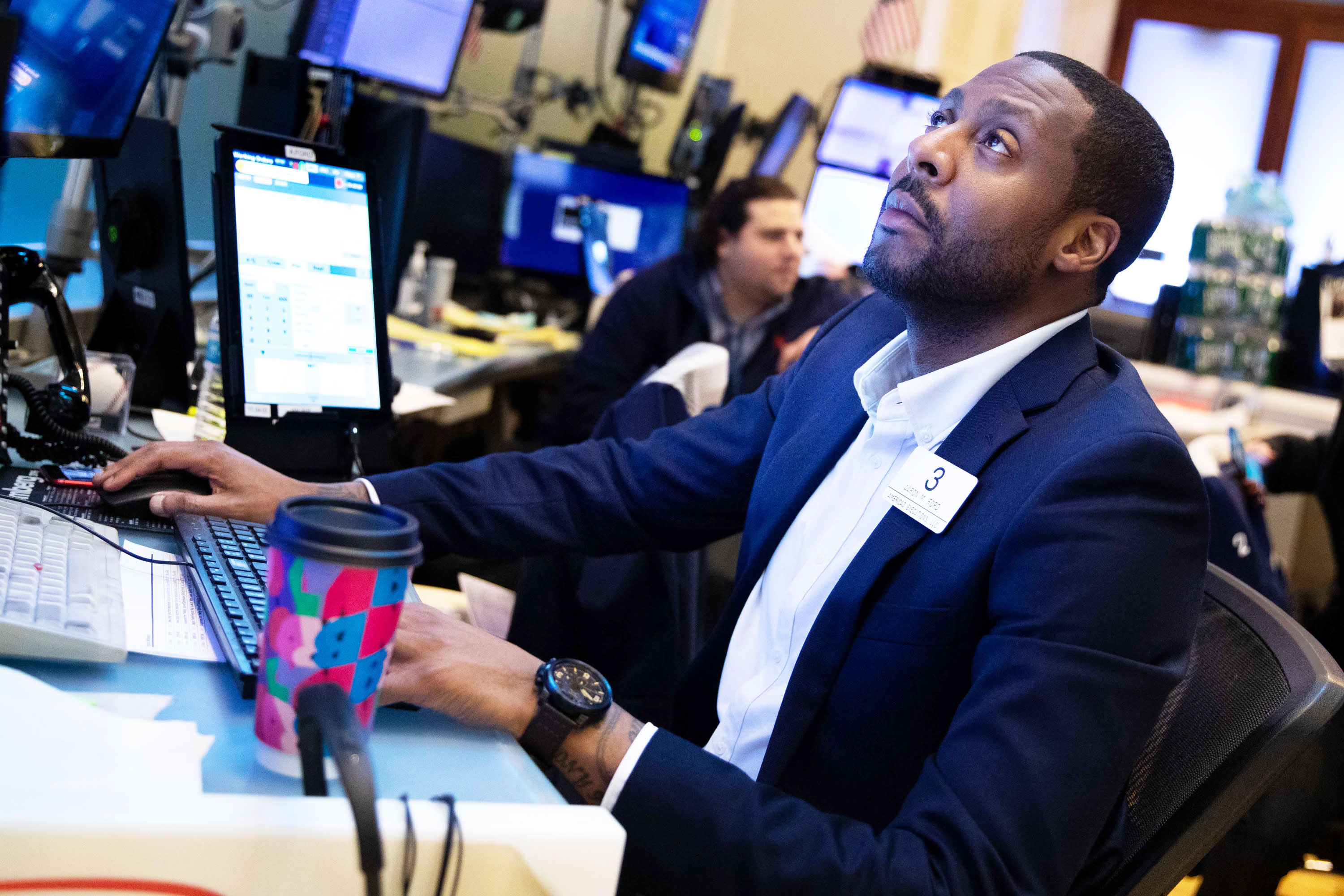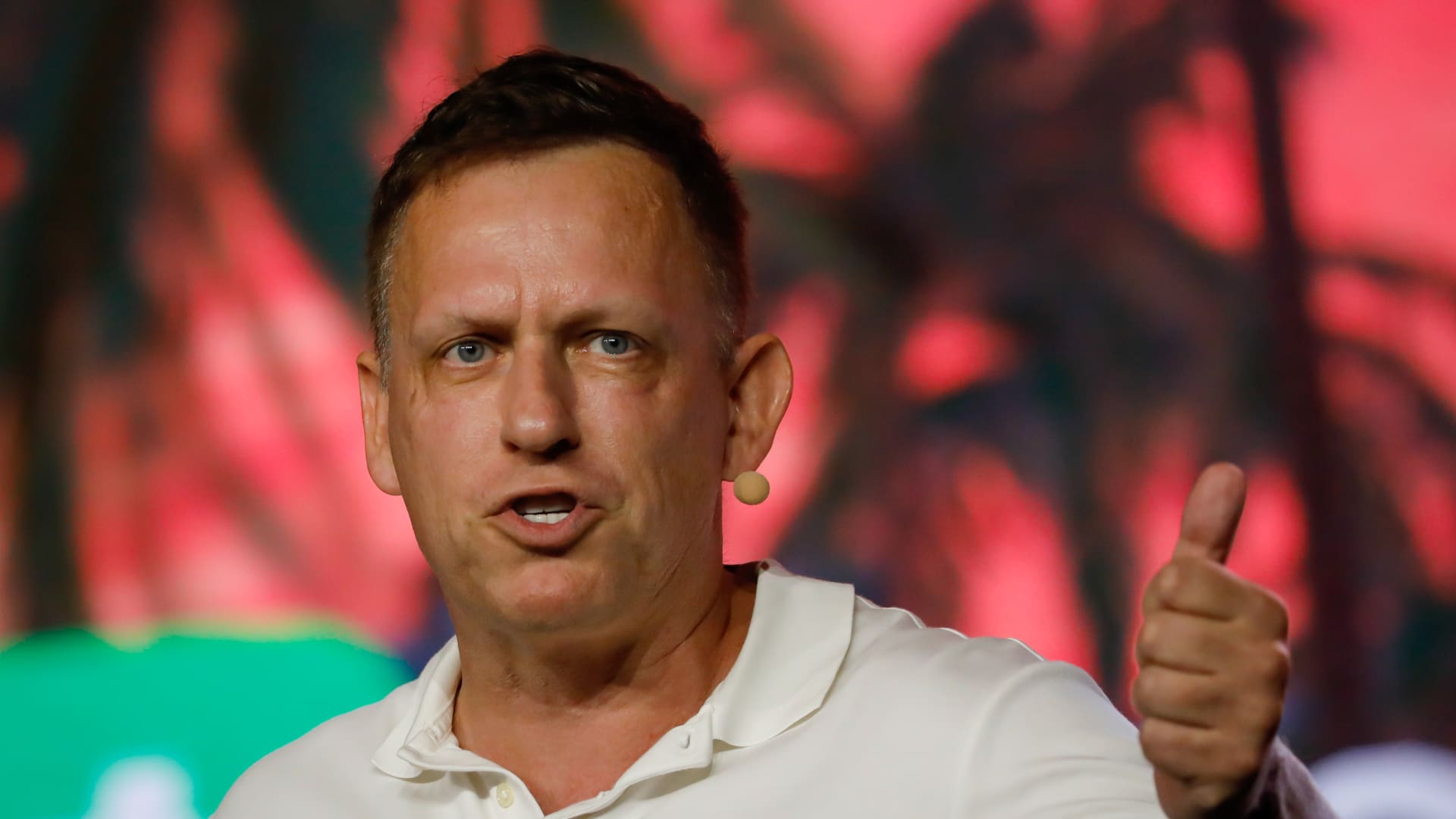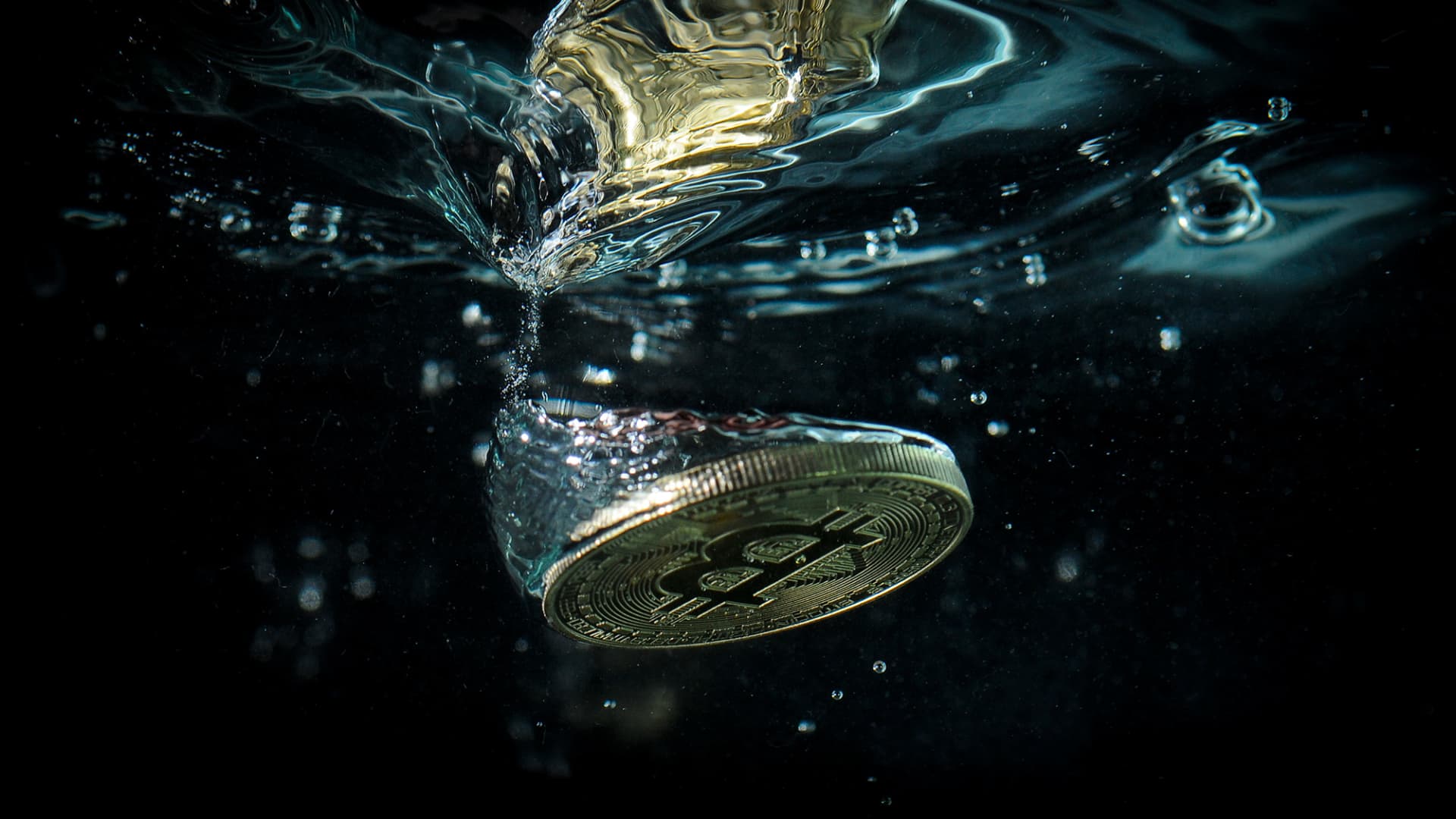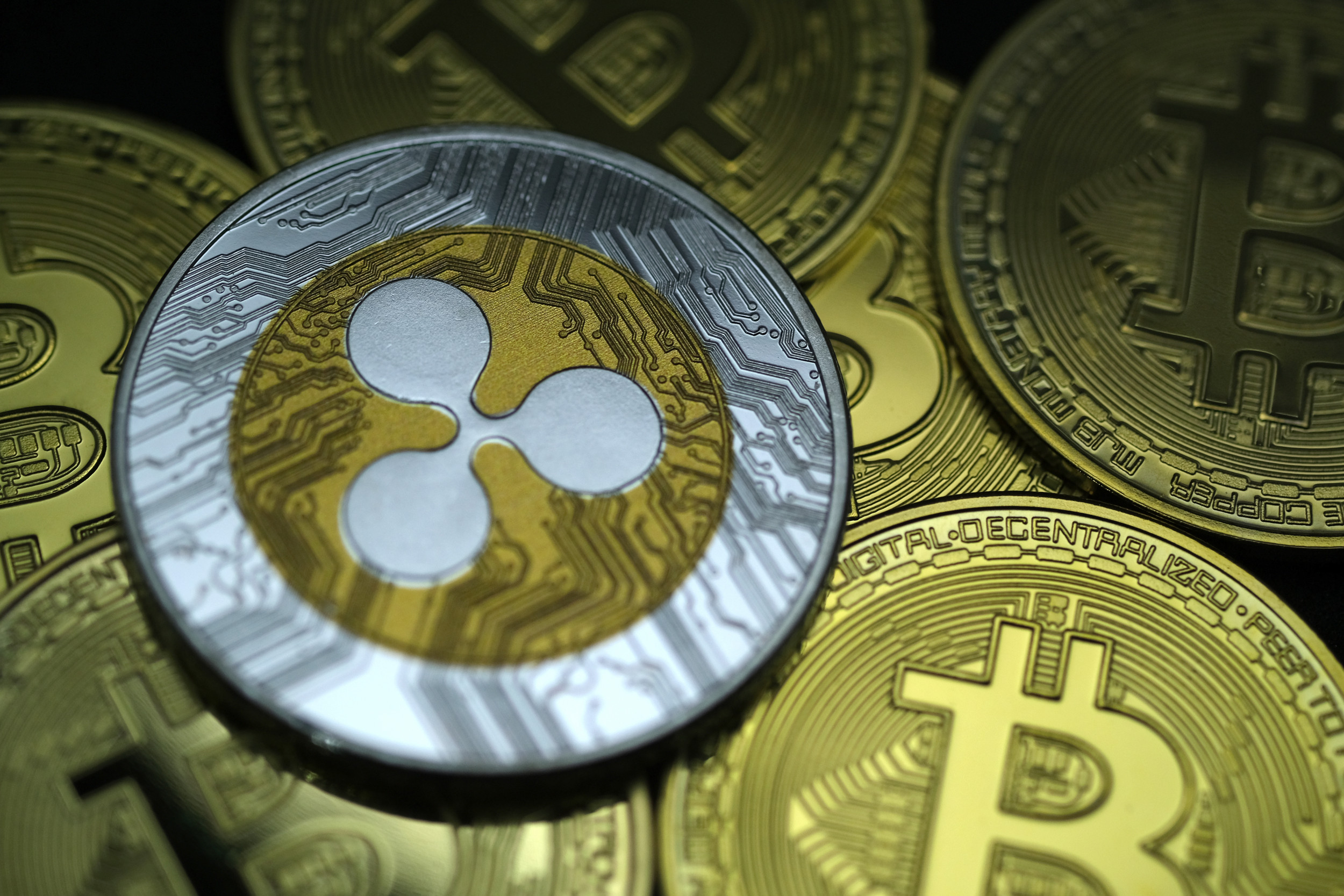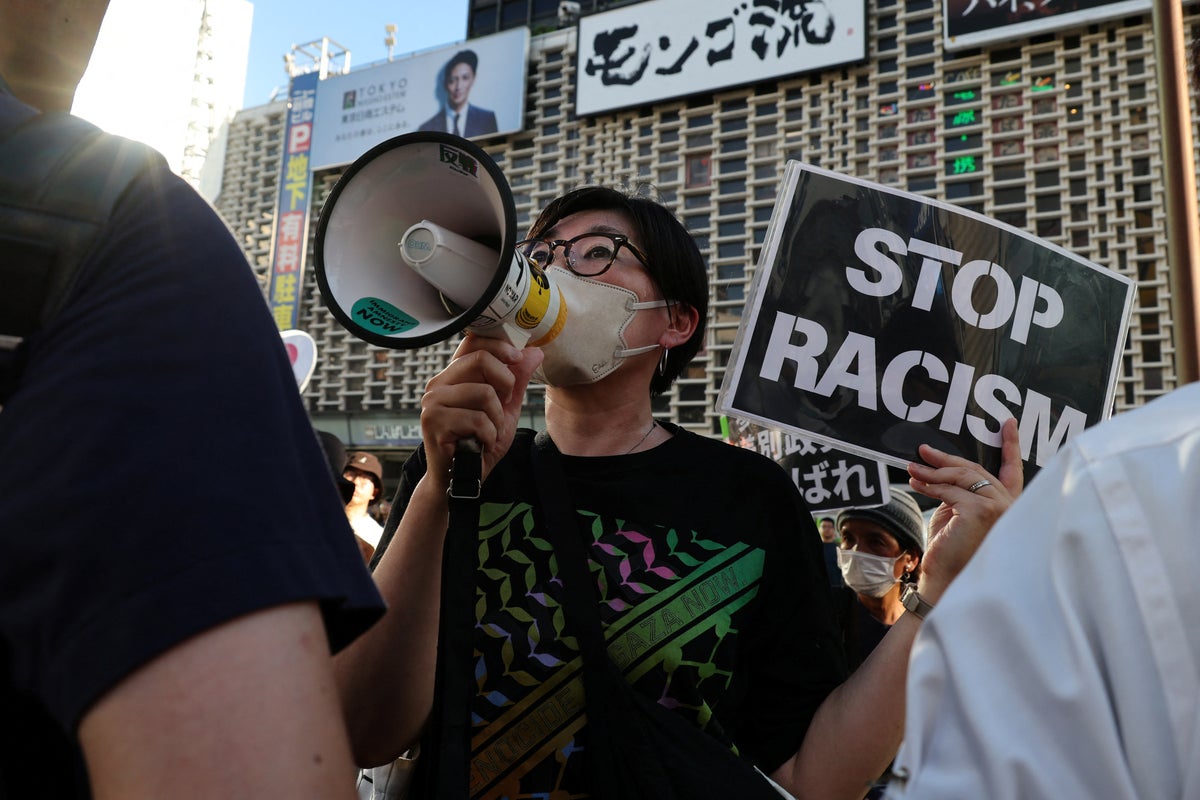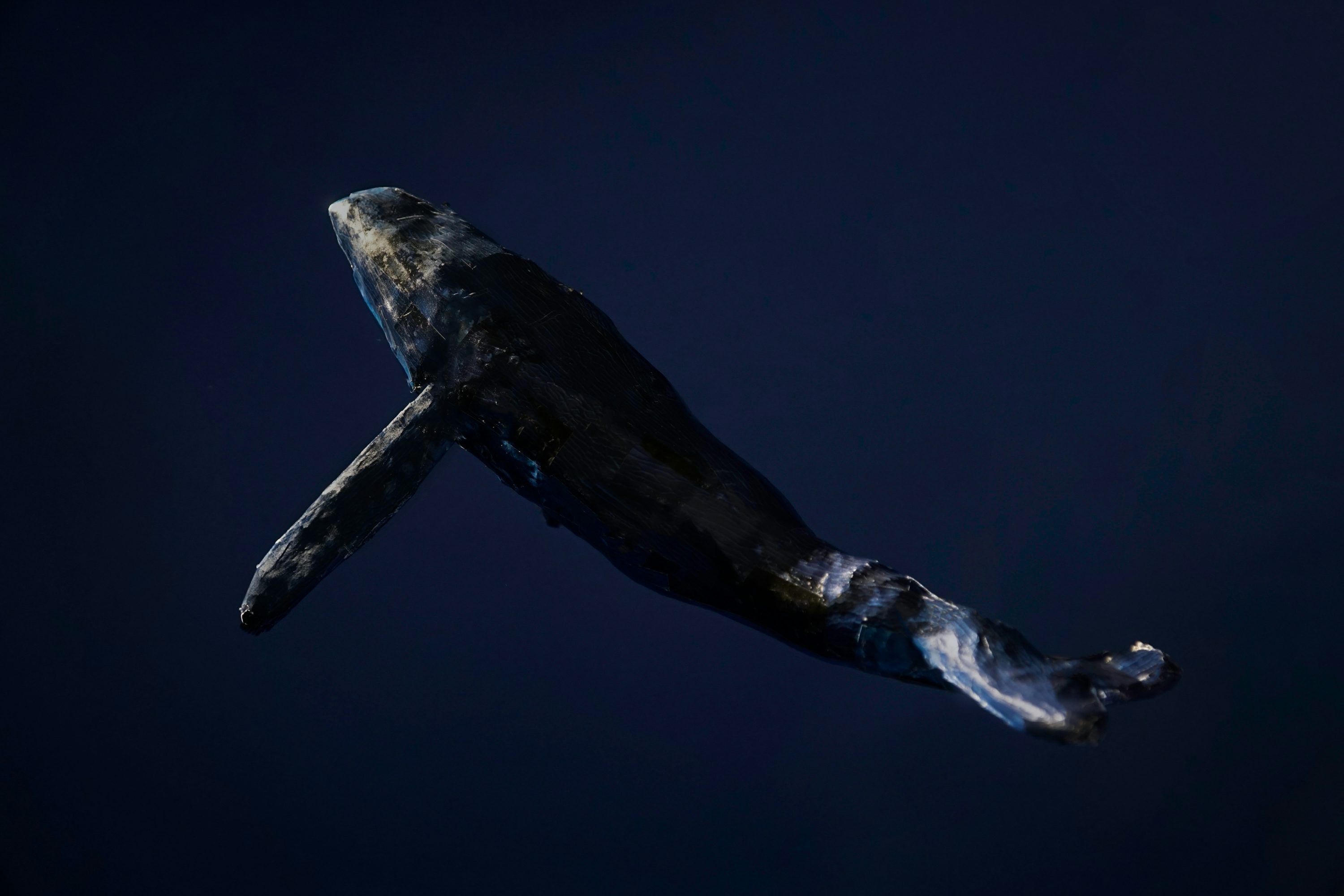Defense giant BAE Systems linked to arms deals in countries accused of human rights abuses, report finds
British defense contractor BAE Systems does business with countries accused of known or suspected human rights abuses, according to a new report.
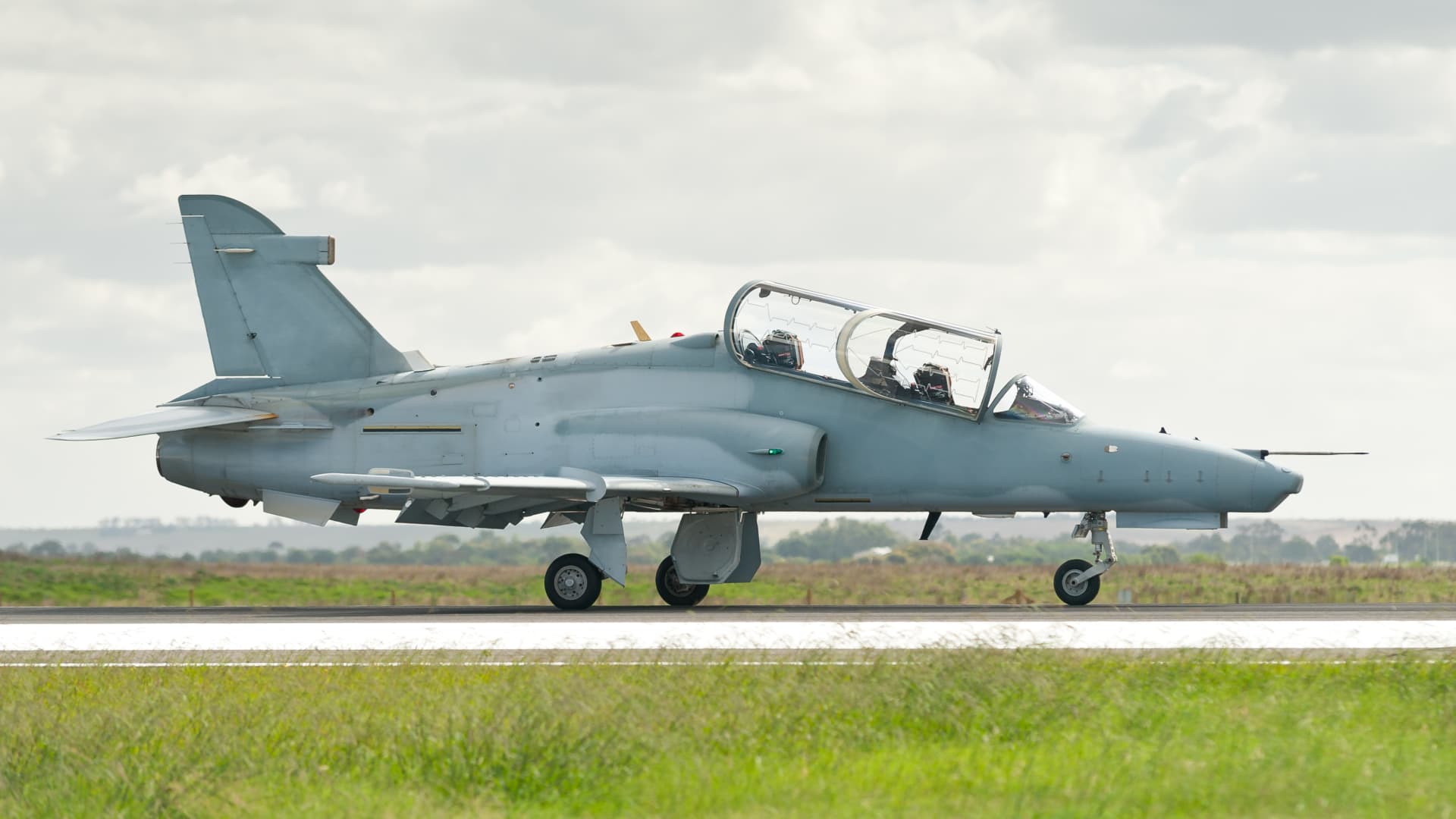
A BAE Systems Hawk taxying on a runaway.
Peterfz30 | Istock | Getty Images
LONDON — BAE Systems, the U.K.'s largest defense contractor, has established trading relationships with countries accused of human rights abuses, according to a new report that reveals the extensive reach of its lucrative arms business.
Over the past decade, the defense giant had a definite trading relationship with 81 countries and a reported relationship with a further 12, together accounting for almost half (48%) of all countries globally, an investigation by U.K.-based non-profit Action on Armed Violence found.
Included in those are 13 countries on the U.K.'s human rights abuse watchlist, as well as 29 countries whose military actions have injured or killed civilians. A further nine countries on the list have experienced one or more military coup d'etats over the past 10 years, AoAV, which is funded by poverty prevention charity the Joseph Rowntree Foundation, found.
BAE said it will neither confirm nor deny who it sells to, but noted in a statement to CNBC that it plays "a key role in enabling legitimate governments to defend their nation and protect their people," and that it rigorously upholds ethical standards.
It comes as BAE Systems sales have surged, hitting £194 billion ($242 billion) in the 10 years to 2022, with cumulative operating profits totalling £17 billion over the period, according to the report.
In 2023, the company said orders "exceeded targets," coming in at £37.7 billion. Its share price has risen around 27% over the past year.
The report said the booming trade highlighted how some defense companies were profiting from the lucrative arms trade amid rising global instability.
Iain Overton, co-author and AOAV chief executive, told CNBC the investigation could be the first of many delving into the trade flows of arms manufacturers, with a likely future focus on prominent U.S. firms.
"We know it's a bonanza right now for military sales," Overton said Tuesday, during a press briefing for the report's release.
Surging military trade
The global defense industry has posted solid growth over the past few years as arms companies have ramped up production and governments have increased military budgets in response to the ongoing wars between Russia and Ukraine, and Israel and Gaza.
The report said that companies such as BAE Systems were failing to appropriately screen the countries and regimes with which they have trading relationships.
Of the 93 countries with which BAE Systems was found to have had trading relationships over the past decade, more than half (55%) scored lower than 50 out of 100 on Transparency International's Corruption Perception Index. The index ranks countries and territories on their perceived levels of public sector corruption, with zero indicating high levels of corruption.
BAE Systems said it was fully compliant with all export controls and that it assesses each trading partner on an individual basis.
"Our industry is amongst the most highly regulated of any sector and we comply fully with all relevant export control laws and regulations in the countries in which we operate," a spokesperson said in a statement.
U.K. regulation requires all companies to apply for an export or trade license for a range of "strategic" goods, including military, firearms, police and paramilitary goods.
However, Overton said the government was failing to do due diligence on company contracts, which he said showed "hypocrisy" in U.K.'s aim to be an "exporter of democracy."
"We're criticizing the U.K. government for its lack of transparency," Overton said. "In a post-Brexit economic environment, there is no appetite across government to be restrictive on arms exports."
In a statement to CNBC, a U.K. government spokesperson said the country takes its defense export responsibilities "very seriously" and that it operates "one of the most robust export licensing controls in the world."
They added that the country assesses all export license applications on a case-by-case basis and can — and does — respond to changing international circumstances.
BAE Systems has, in the past, been criticized for its alleged links to U.K. corruption scandals, including the al-Yamamah arms deals with Saudi Arabia between 1985 and 2007, as well as its arms sales to South Africa in the early 2000s.
BAE Systems did not immediately respond to CNBC's request for comment on the historic claims.

 Tekef
Tekef 







